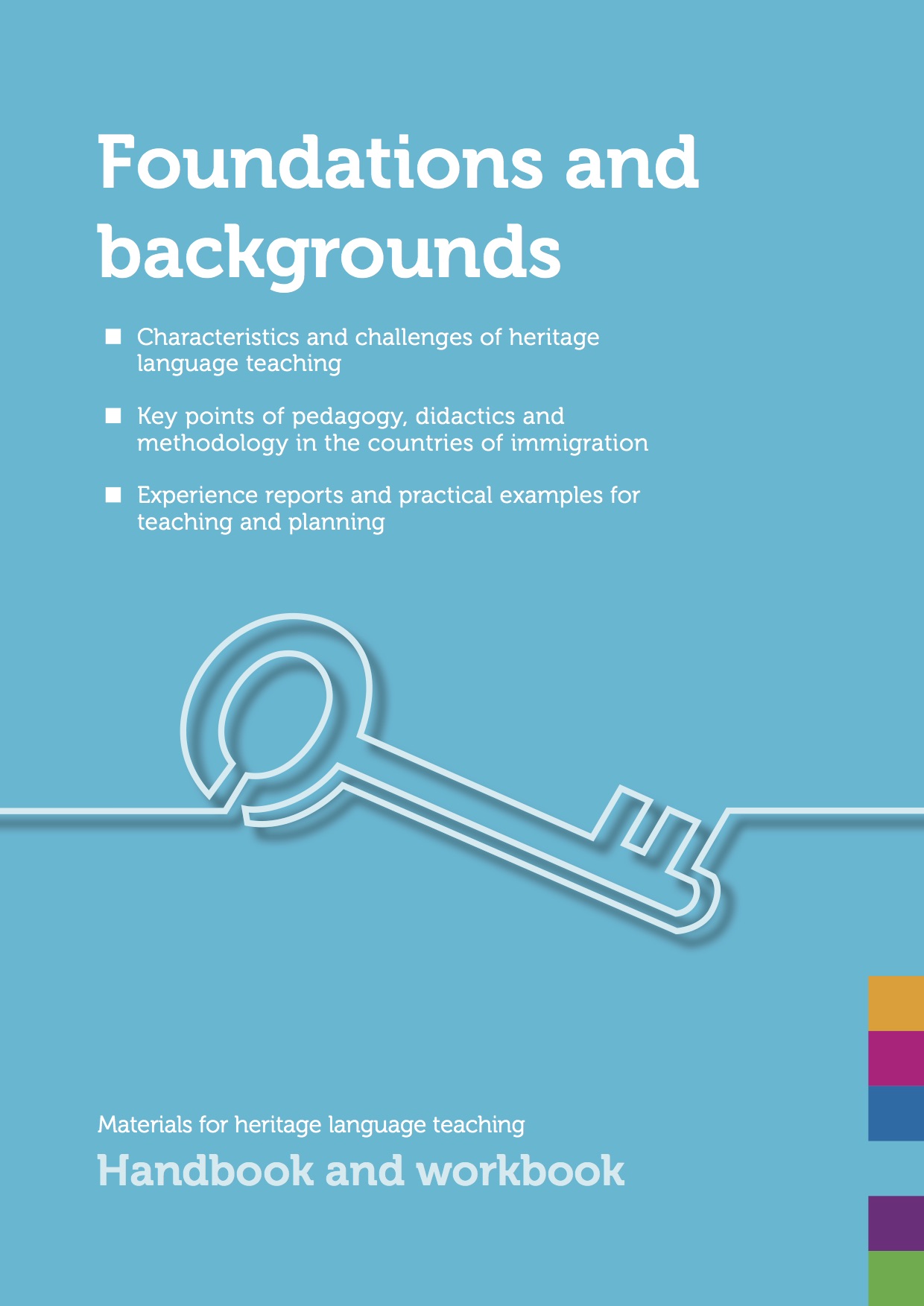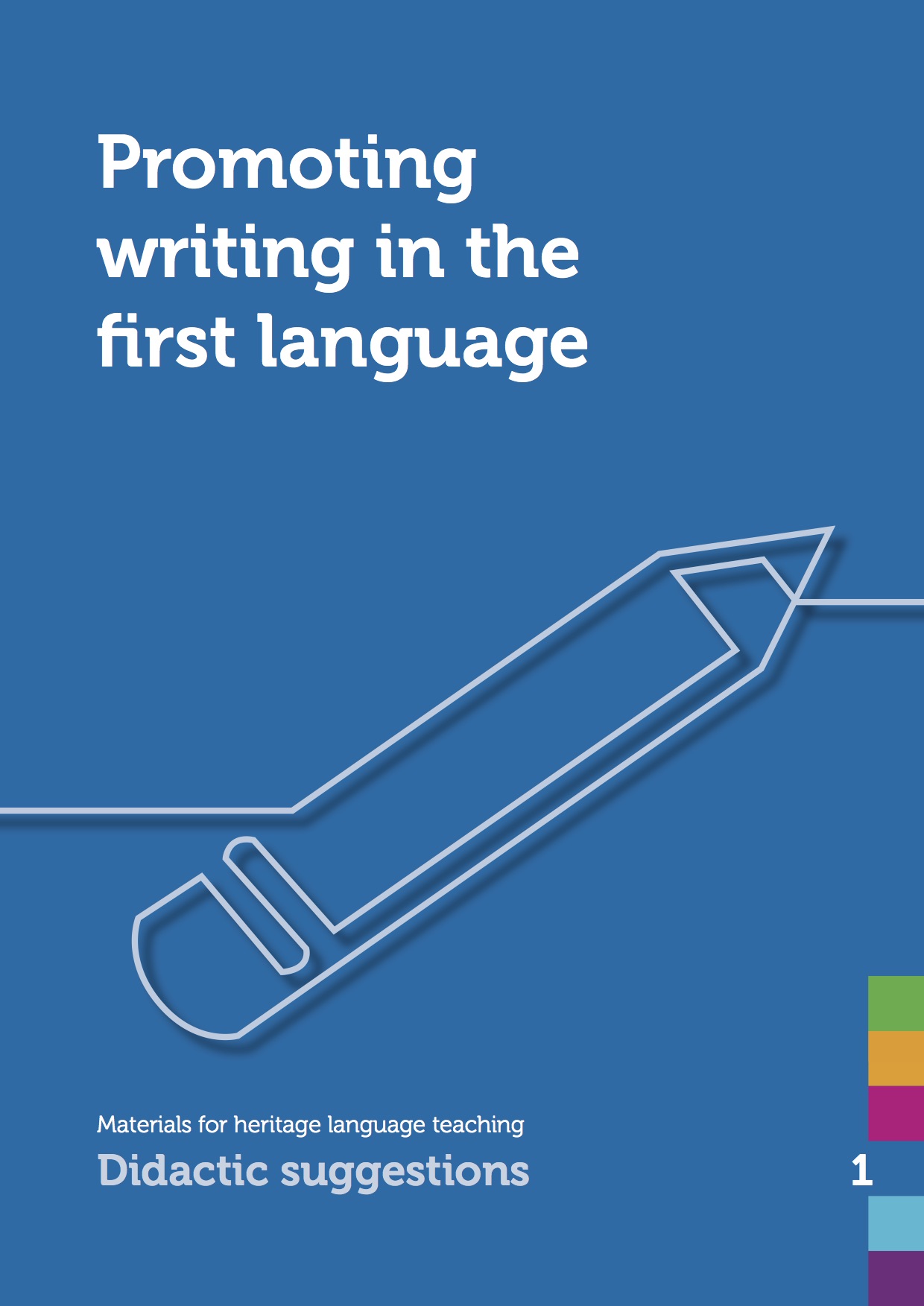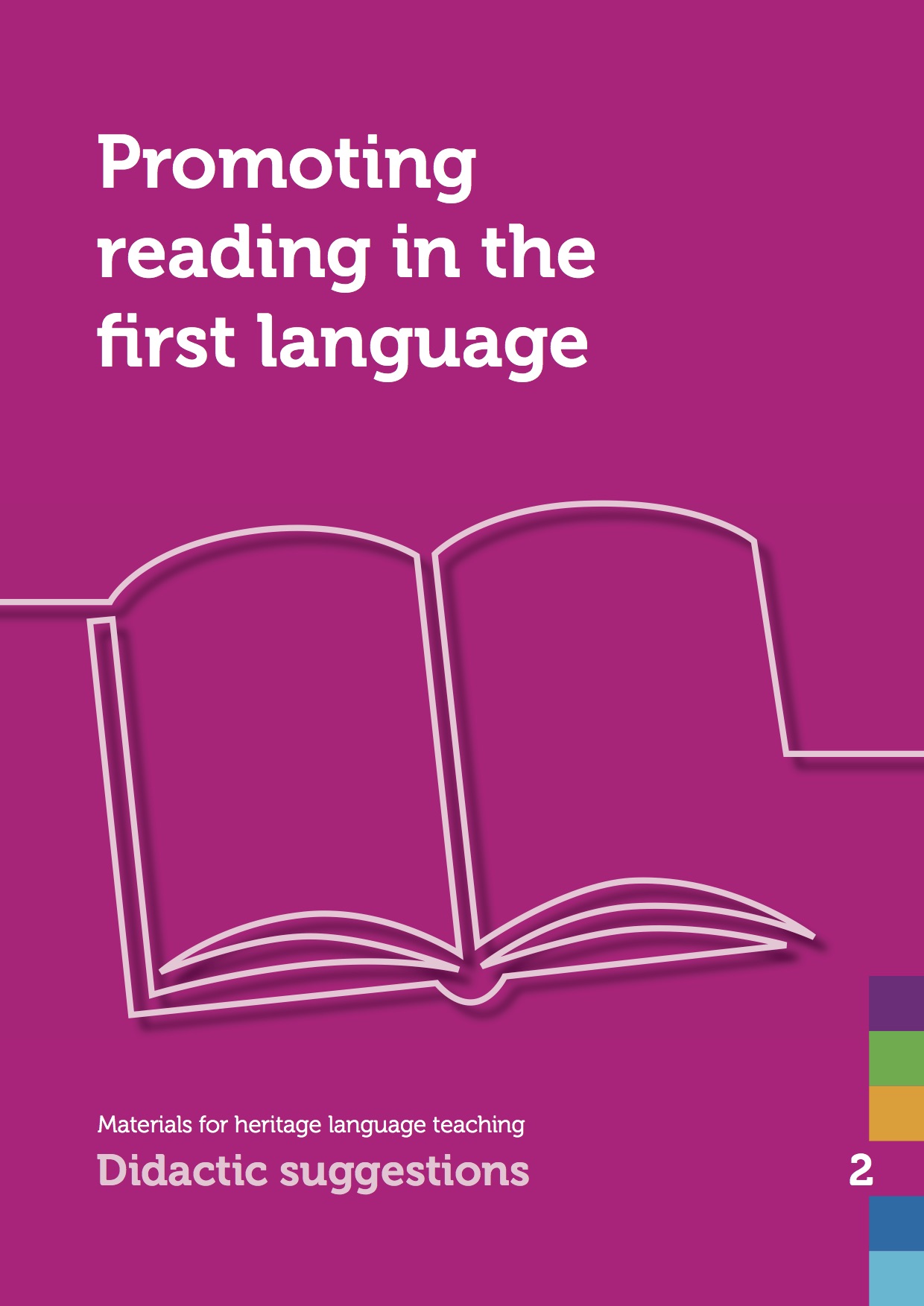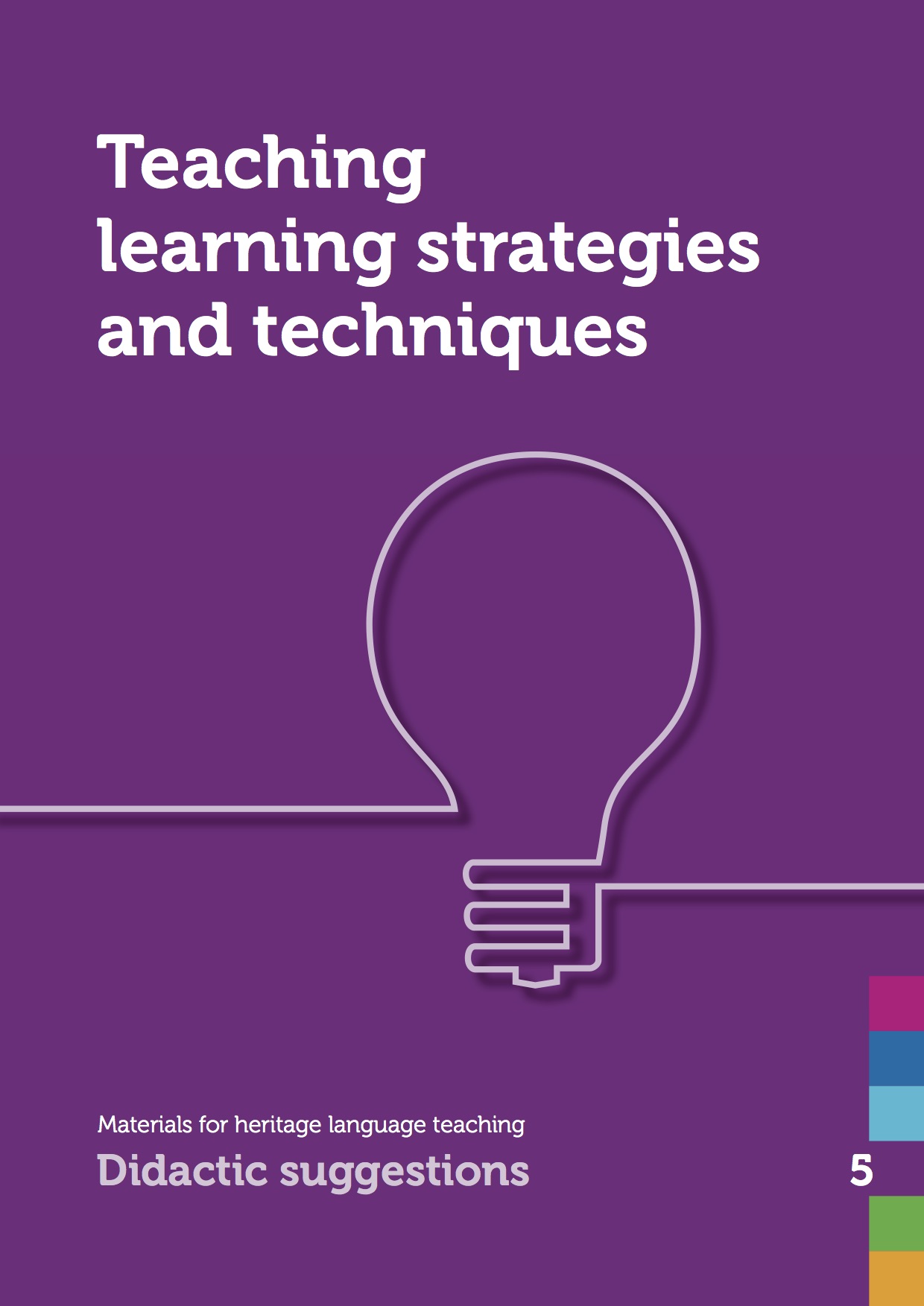1. Sami Thaçi, Germany
Sami Thaçi hails from Kosovo/Kosova. He lives in Wuppertal and has been working as HLT instructor of Albanian since 1987 in Wuppertal, Remscheid and other communities. Excerpts from his statement:
In Germany, HLT is not organized alike in all federal states. North Rhine- Westphalia (NRW) differs from other federal states insofar as the HLT here is organized by the Ministry of School and Further Education; however, attendance of HLT is voluntary here as well.
The State Institute for Schools provides various offers (seminars, practical in-class activities, etc.) in which young professionals can acquire knowledge in teaching methodology and didactics.
To ensure that we also keep up didactically as well, we need meetings in conjunction with the newest developments in instructional organization,e. g.concerning the current standard-based approach of teaching. For this and other methodological innovations, the education authorities usually offer one-day professional development functions, which I always gladly attend, as they really add a lot. The exchange of experiences that usually happens in these events is good as well.
There are also offerings to further enhance the professionalism, provided by the State Institute in Soest, as well as various outstanding specialists from different institutions in NRW. Additionally, there are different workshops which also offer opportunities to present and exchange materials for various themes.
The multi-day seminars which the Kosovar Ministry of Education organizes each summer in Kosova, Albania or Macedonia are also an important source of information. The seminars focus on the exchange of ideas with colleagues from the Albanian HLT from all over Europe.
2. Yinying Kong, Switzerland
Yinying Kong is from China. She has been living and working in Zürich for three years, where she serves as HLT instructor of Chinese. Excerpts from her statement:
I am very happy that there is a compulsory event for continuing education, namely the introduction to the Zurich school system. I have really learned a lot here about the school system of the Canton of Zurich. There should be something like that not only in Zurich, but in all of Switzerland.
Beyond that, I have been wishing for a long time for more opportunities for continued education in pedagogy for people like me, i.e., HLT instructors who wish most of all to have an overview of the pedagogy and the basics of individual subject areas.
I also find it a very positive thing that we are taken seriously as HLT instructors within the framework of the Swiss school system. I have often asked what my country of origin has actually done for us. Not a whole lot! Wouldn’t it be nice, if, for instance, a summer school, or short-term stays in China could be offered? This way, students could practice their language skills and get better acquainted with the country and its culture; at the same time, we as teachers could actualize our professional expertise.
3. Rizah Sheqiri, Sweden
Rizah Sheqiri hails from Kosovo/Kosova. He lives in Sweden and has been teaching HLT Albanian classes in Karlskrona since 1995. Excerpts from his statement:
A good school needs competent, highly professional educators who have mastered the ‹mystery of teaching›. Fortunately, the school directors of many communities have recognized this and, together with the universities and teacher colleges, advocate energetically for a professionalization for teachers. As an HLT instructor, I take advantage of professional development opportunities, of course. Together with many colleagues, I have attended post-graduate courses in pedagogy and didactics at the C and D levels. We are very happy with the success of our studies, as only highly qualified teachers can pull the school along – like powerful locomotives – in terms of classroom instruction and development for the future. Our continuing education is not completed, of course; on the contrary, continuing education must be a life-long process.
Additionally: by engaging in curriculum development and professional development as teachers, we can share a lot of things and learn from one another. We can be each others‘ sources and inspiration in that we mutually and critically observe and evaluate our work. These kinds of collegial peer consulting and discussion opportunities are all the more valuable as they can be easily and well integrated into everyday school life.
4. Hazir Mehmeti, Austria
Hazir Mehmeti (M.A.) hails from Kosovo/Kosova. He has been living in Vienna for 17 years, where he has served as HLT instructor of Albanian in various schools since 1999:
(…) In my home country, I had gained no experiences from which I could benefit for HLT and my integrated teaching here. Thus, I had to look for ways to acquire the necessary skills for successful teaching and learning in HLT. I attended seminars about the challenges of integration, but what I learned was by no means enough. I had to ‹invent› new methods on my own to address the special circumstances of HLT. I felt the need for specific training to deal with issues of integration and native language. It is important that such seminars always raise and discuss issues, such as changing social and technological developments and trends. I would welcome the creation of multilingual, multicultural and multidimensional training groups that would familiarize us with the newest developments and insights.
5. Mahamuud Ali Adam, Sweden
Mahamuud Ali Adam hails from Somalia, where he had worked as a history teacher. He has been living in Sweden for 6 years; he has served as HLT instructor for Somalian in Karlshamm for a year. Excerpts:
As to continuing education, I have many wishes in order to be able to qualify as quickly as possible as a good native language instructor. Intensive courses would be best. My biggest wish would be to acquire the qualifications not only for teaching language, but also history and social studies.
Until now, I have mainly attended one-day training events, which were organized by the schools where I work. The contacts with other, more experienced HLT instructors, from whom I learned a lot, were also very important for my continuing education.
Because the school systems in Somalia and Sweden differ a great deal, the introductory courses to the local school system are extremely important. This applies as well for the visits to other schools and with other classroom instructors.
It would be wonderful if my native country could support my work better with materials or school books, designed specifically for the needs of HLT. Unfortunately, such textbooks are entirely lacking.
6. Svetlana Matić, Austria
Svetlana Matić hails from Serbia and lives in Vienna. She has served as HLT instructor of Bosnian/Croatian/Serbian for 20 years and has authored several books.
The professional development and continuing education is of great significance for HLT instructors, particularly with regard to an innovative implementation of educational tasks and missions. In the seminars and presentations that have been offered until now, the emphasis was more on pedagogical theories than on teaching practice. I believe that in the future, an increased re-orientation along the concrete needs of the teachers is needed. This can be attained as well through increased scientific research in the area. In so doing, it is also important that current and practical aspects of education and teaching in the classroom are included and addressed.
Austria is one of the few countries that pays great attention to HLT and carries out a very responsible educational policy. The school authorities were responsible for HLT from the beginning. HLT has been part of the Austrian school system since 1992, such that, in terms of Bosnian, Croatian and Serbian, for instance, the countries of origin have no longer the possibility of influencing the teaching structure. It is to be expected, however, that these countries will show increased interest in HLT, as many people from the area of former Yugoslavia live in Austria today.
Faculty development and continuing education in the area of pedagogy and didactics is a must for any modern society. In this sense, I have always endeavored to fulfill the requirements and tasks before me. For this reason, I have regularly participated in seminars and scientific conferences. Furthermore, I am always keen to infuse my everyday teaching with new knowledge. Through my own publications, I have tried to bundle my experiences and to make them available and useful to others; in the same spirit I am currently working on a doctorate for HLT at the Viennese public schools.
7. Gulderen Ozyildirim, England
Gulderen Ozyildirim hails from Turkey. She lives in London, where she has been working as HLT instructor of Turkish for many years.
As basis of my education, I have my diploma as a teacher, which I have acquired in Turkey. In addition, I have always kept myself informed about teaching Turkish to students who grew up in England or came here at an early age. The teaching materials which I created myself also contributed to my continuing education (e.g. tools to aid in learning the Turkish alphabet and materials for visualization, such as memory cards). Incidentally, the procurement of teaching materials is often quite difficult, although one can find small selections in certain bookshops. However, the materials are mostly very elementary and for beginners. This offer should absolutely be expanded. Maybe the Turkish Ministry of Education could do something about that.






